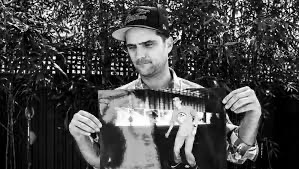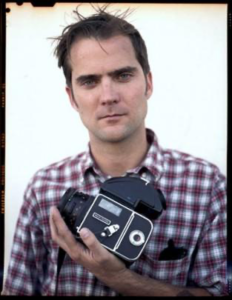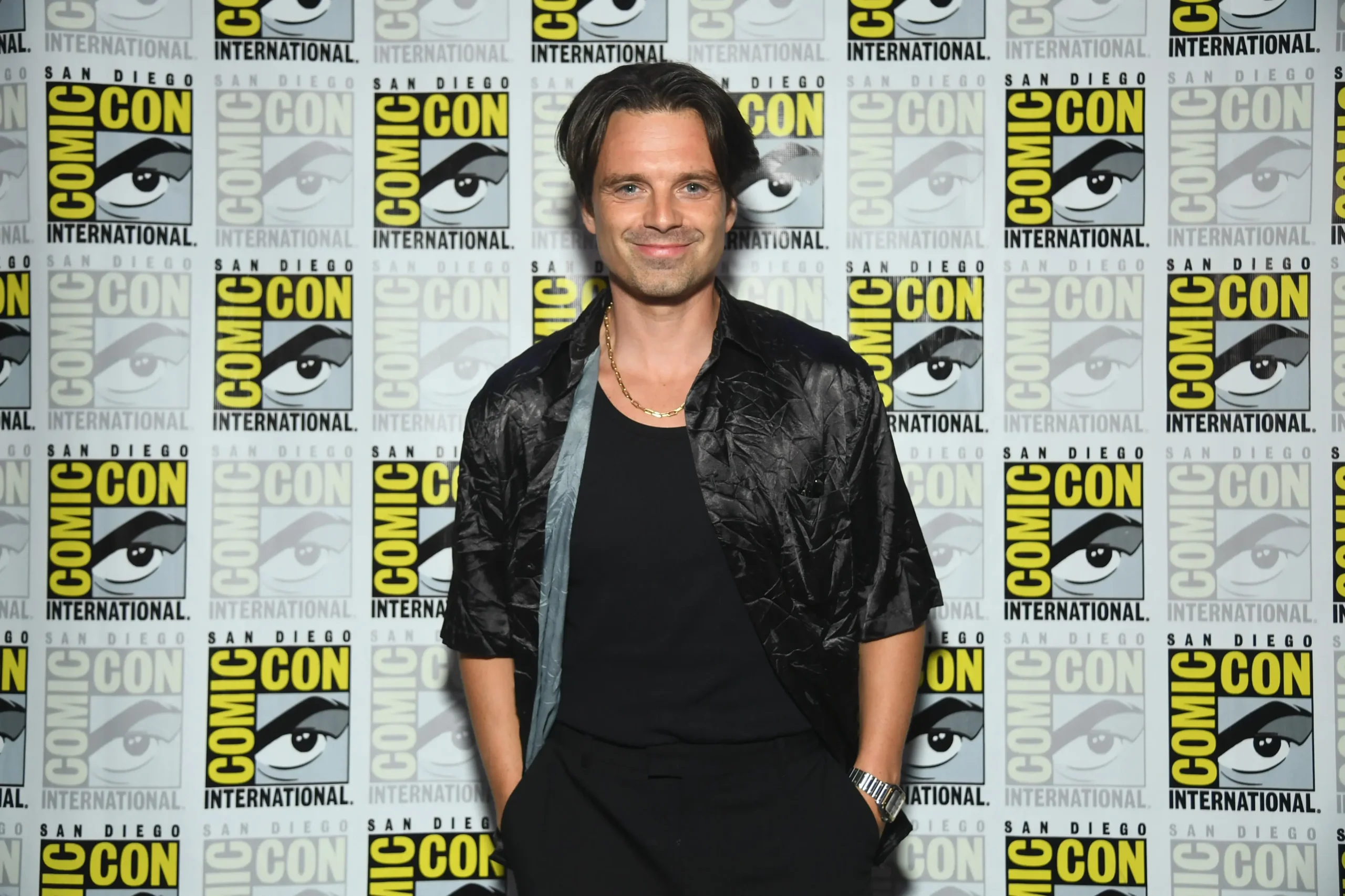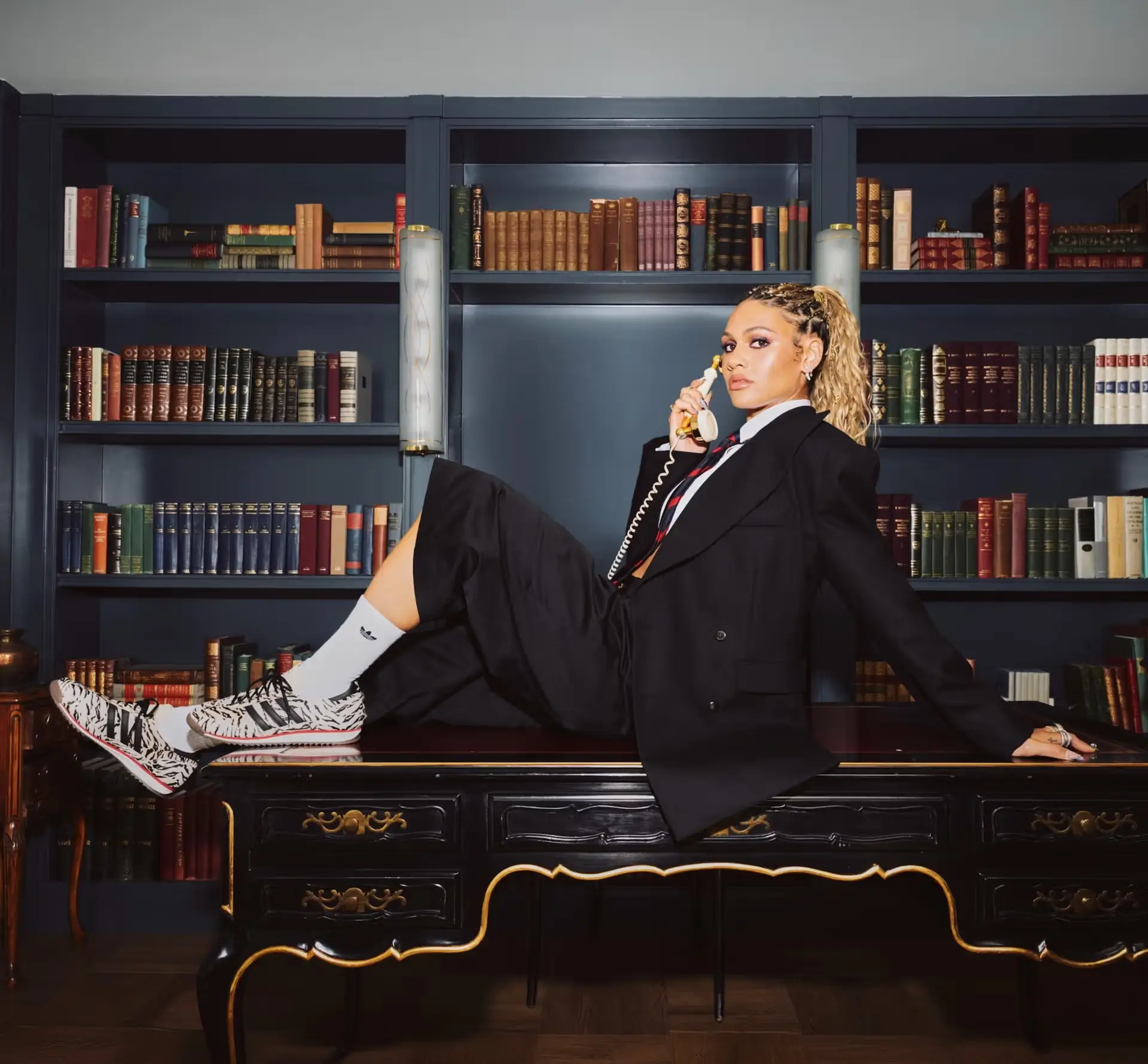Skateboarding is more than just a sport’s a movement, a culture, and a way of life. Few have documented its raw essence with the depth and artistry of Patrick O’ Dell. Through his signature blend of intimate interviews and rare archival footage, O’ Dell has painted a vivid picture of skateboarding’s underground legends and household names alike. His approach elevates skateboarding beyond its DIY punk roots, treating it with the same reverence as fine art.
From his early work on Epicly Later’d, which quickly became the most respected skate show online, to his photography contributions to Vice, Thrasher, and major brands, Dell has cemented his place as one of the most important storytellers in skateboarding. His lens captures not just the tricks but the lives, struggles, and triumphs of the skaters who shaped the culture.
In this installment of Creative Chronicles, we sit down with Patrick O’ Dell to discuss his journey, his impact on skateboarding, and the art of storytelling through film and photography.
Finding a Lens: O’ Dells Early Years
Patrick O’ Dell’s journey into skateboarding media was driven by a deep personal connection to the culture. Growing up in the Midwest, he wasn’t just a passive observer he was an active participant. Like many who fall in love with skateboarding, O’ Dell was drawn to its rebellious spirit, creative freedom, and tight-knit community. But while others focused on perfecting tricks, he found himself more interested in capturing the scene through a different lens.
Photography became his entry point. Armed with a camera, he began documenting his friends skating, capturing not only their movements but also their personalities and the spaces they occupied. His ability to see beyond the action, to tell a story through images, set him apart early on.
In the late 1990s and early 2000s, skate media was still dominated by print magazines and grainy VHS edits. Thrasher and TransWorld Skateboarding were the bibles of the culture, and getting a photo or video featured in them was the ultimate goal for many aspiring skaters and photographers. Dell, however, was more interested in the stories that weren’t being told the deeper, more personal narratives hidden behind the tricks and contests.
The Birth of Epicly Later’d
It was this unique perspective that led to the creation of Epicly Later’d, the groundbreaking documentary series that would define Dell’s career. Originally conceived as a simple blog on Vice, the project quickly evolved into a full-fledged video series.
Unlike traditional skate media, which often focused on the newest tricks or competition results, Epicly Later’d was about the skaters themselves. Dell’s intimate, almost voyeuristic approach gave audiences an unfiltered look into the lives of some of the most influential figures in skateboarding.
Early episodes featured legends like John Cardiel, Alex Olson, and Jason Dill skaters known as much for their personalities as their skills on a board. Through candid interviews and never-before-seen footage, Epicly Later’d gave fans a deeper understanding of their heroes, showcasing their struggles, injuries, and personal journeys.
What made the series truly special was its authenticity. O’Dell wasn’t an outsider looking in; he was part of the culture. Skaters trusted him, allowing him to capture moments that felt raw and real. In an era where skate media often glamorized the lifestyle, Epicly Later’d showed both the highs and the lows the victories and the heartbreaks.
The show’s success was unprecedented. It became the most respected skate documentary series online, influencing not just how skateboarding was documented but also how other subcultures approached storytelling.
Beyond Epicly Later’d: A Multi-Faceted Career
While Epicly Later’d remains O’ Dell’s most well-known work, his contributions to skateboarding culture go far beyond the series. As a photographer, he has left an equally significant mark.
During his time as photo editor for Vice, O’ Dell helped shape the publication’s visual identity. His work extended beyond skateboarding, capturing everything from underground music scenes to fashion and street culture. But no matter the subject, his signature storytelling style remained—always focused on authenticity and emotion.
His skate photography, in particular, is some of the best in the game. Whether it’s a perfectly timed shot of a skater mid-trick or a quiet moment of reflection after a heavy session, O’ Dell images feel personal. He has an eye for the in-between moments the fleeting expressions, the exhausted post-session cigarette, the worn-down shoes that tell a thousand stories.
While he considers portraiture his true passion, skateboarding has always remained at the heart of his work. His ability to blend fine art sensibilities with the raw energy of skate culture is what makes his photography stand out.
Documentarian, Historian, Storyteller
What sets O’ Dell apart from other skate photographers and filmmakers is his role as a historian. He isn’t just documenting tricks or trends preserving the culture itself.
Through his work, he has chronicled the rise and fall of skate legends, the evolution of skate spots, and the shifting dynamics of the industry. In a culture that moves fast and often forgets its past, O’Dell’s storytelling serves as a vital archive.
His influence can be seen in the way skate media has evolved over the years. Today, there is a greater emphasis on storytelling, personal narratives, and in-depth documentaries something that was rare before Epicly Later’d. His work has inspired a new generation of filmmakers and photographers to approach skateboarding not just as a sport but as a rich, complex culture worth exploring in depth.
The Art of Storytelling Through Skateboarding
At its core, Patrick Dell’s work is about more than just skateboarding. It’s about people. It’s about the highs and lows, the beauty and the chaos, the moments that define a life spent pushing forward literally and figuratively.
His approach to storytelling, whether through film or photography, is rooted in honesty. He doesn’t romanticize skateboarding or gloss over the harsh realities. Instead, he presents it as it is: a deeply personal, sometimes brutal, but ultimately beautiful journey.
For O’ Dell, skateboarding isn’t just a subject’s home. His work is a love letter to the culture that raised him, a testament to the power of storytelling, and a reminder that the best stories aren’t always found in the biggest contests or the craziest tricks. Sometimes, they’re in the quiet moments, the untold struggles, and the deep connections that make skateboarding more than just a sport.
As skateboarding continues to evolve, one thing is certain: Patrick O’ Dells impression will be felt for generations to come. His lens has given the culture a voice, a history, and a legacy one that will continue to inspire skaters and storytellers alike.
No comments yet.









